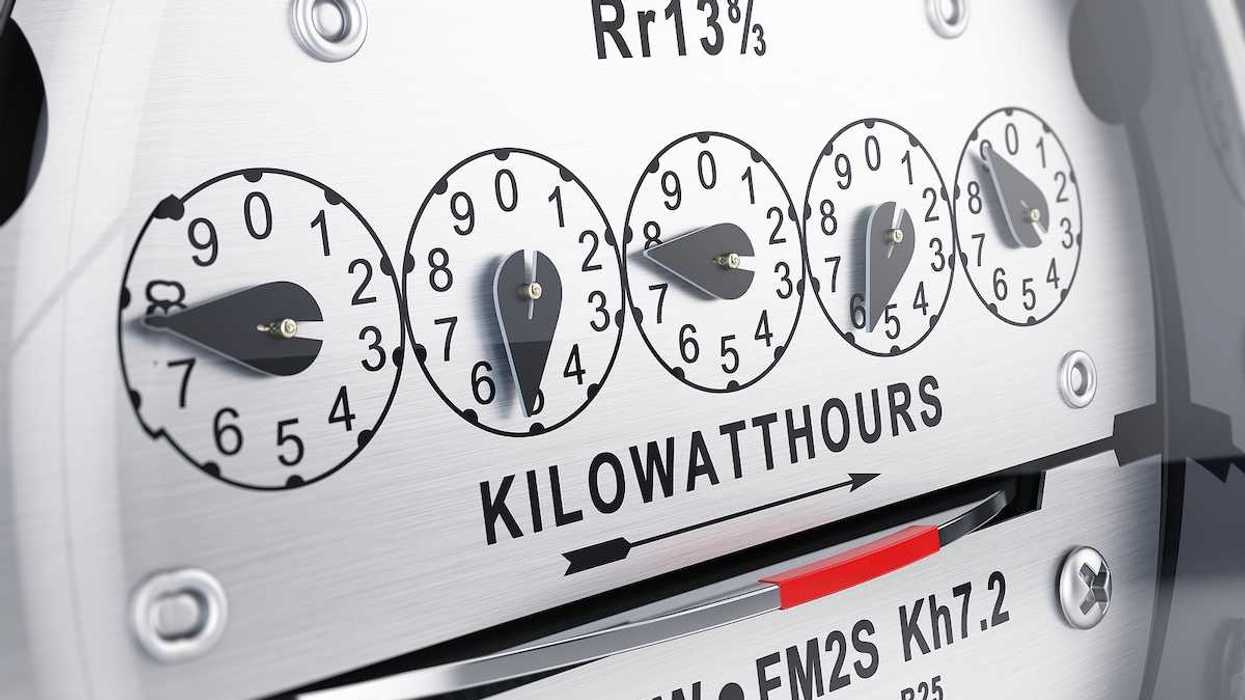Millions living near Europe's busiest airports face increased health risks from ultrafine particles emitted by jet engines, a new study finds.
Rosie Frost reports for Euronews.
In short:
- Tiny particles from jet engines are linked to higher rates of high blood pressure, diabetes, and dementia.
- More than 52 million people in Europe are exposed to these harmful particles, especially those living within 20km of major airports.
- Using cleaner jet fuel could reduce ultrafine particle emissions by 70%.
Key quote:
"This hidden health crisis has been ignored by politicians, who have prioritised the growth of the aviation sector over the health of its own people, often the poorest."
— Carlos López de la Osa, T&E’s aviation technical manager
Why this matters:
Ultrafine particles from jet engines can penetrate deep into the body, posing significant health risks. Health experts are particularly concerned about vulnerable populations such as children, the elderly, and those with pre-existing health conditions. Long-term exposure to ultrafine particles has been linked to asthma, heart disease, and even lung cancer.













